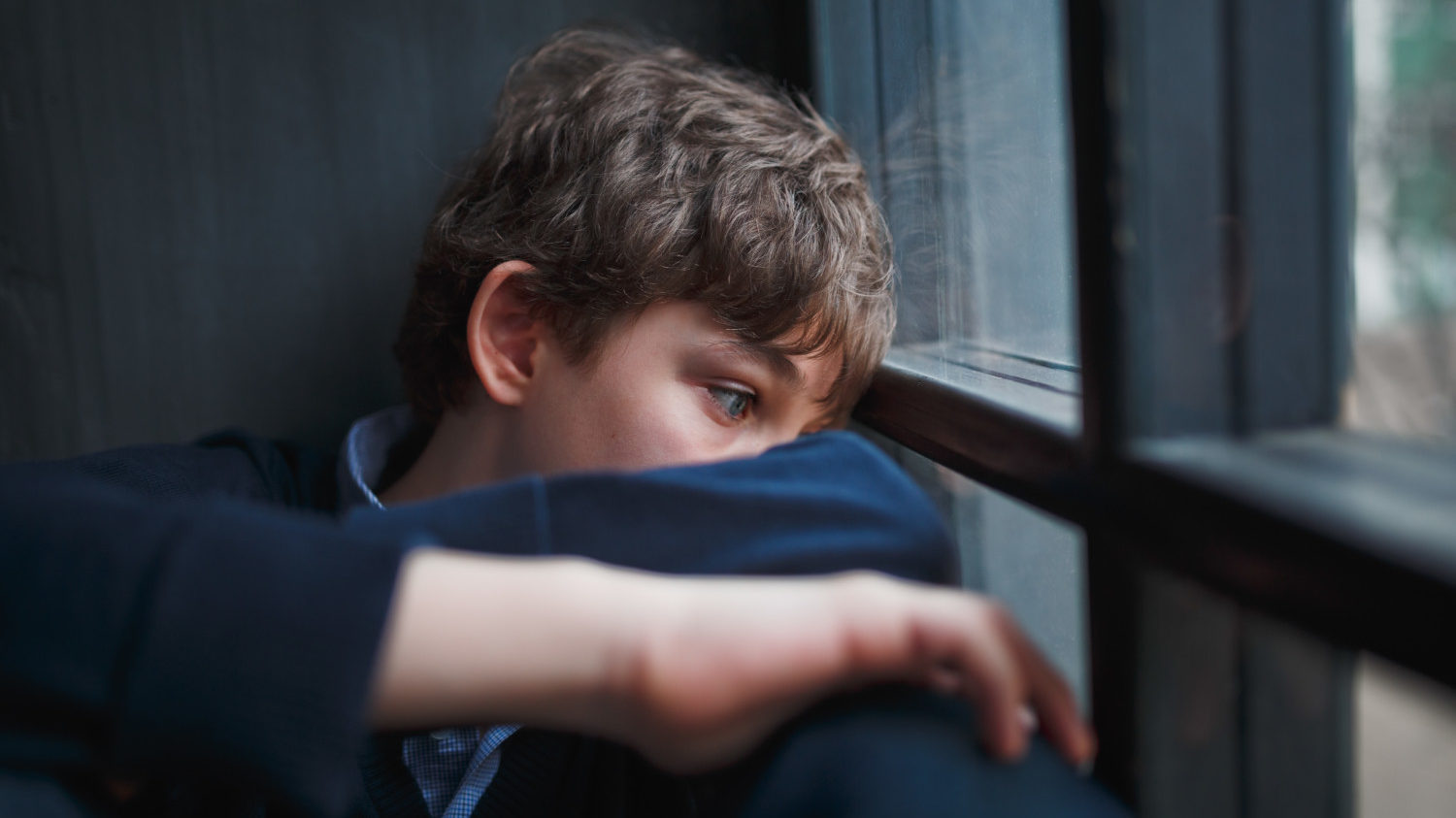Some schools are allowing students to take days off for their mental health
Mental health awareness is growing throughout the U.S. and with good reason. The National Alliance of Mental Illness (NAMI) reports that one in five Americans have experienced some form of mental illness.
Children are no exception. NAMI also states that half of all incidents of chronic mental illness begin by the age of 14, and the CDC reports that the number of children aged 6–17 years old having ever been diagnosed with either anxiety or depression increased from 5.4% in 2003 to 8.4% in 2012.
As of the CDC’s most recent data, more than 1 in 20 (2.6 million) children in the United States have current, diagnosed anxiety or depression. Of course, this does not include children who have not yet received a diagnosis. Other research shows that many of these children don’t actually receive treatment for these issues.

Schools Are Stepping In
Oregon has passed a law allowing students to take time off for mental health. As of 2019, students at Oregon schools are allowed up to five excused absences in a three-month period. The law also lets students make up any tests they miss during these absences.
The Utah legislature passed a bill allowing students to use their mental health as a legitimate reason for an excused absence from school in 2018.
“We’re hoping there’s not abuse of this but we think it’s very necessary to acknowledge there’s some real issues out there,” Representative Jefferson Moss told Fox 13 Salt Lake City, “and if a parent feels strongly they need to pull their children out we want to make sure they have that ability.”
In the same vein, public schools in Florida must now provide at least five hours of mental health instruction beginning in sixth grade. The required courses will focus on helping kids identify signs and symptoms of, find resources for and help peers with mental health disorders.
How Parents Can Help
Signs of mental illness in children include mood changes, behavior changes and physical symptoms. If you think your child might be struggling with anxiety, depression or other mental health issues, there are many steps you can take to provide support.
For one, talk to your child. Let him know he can come to you with any concerns, feelings or fears he has.
Visit your pediatrician. Your child’s doctor can diagnose mental illness and provide resources.
Provide healthy outlets. If she feels anxious and overwhelmed, fun or relaxing activities can be beneficial.
Finally, consider an occasional family mental health day. Resetting and recharging together could instill the importance of mental health to your children.







